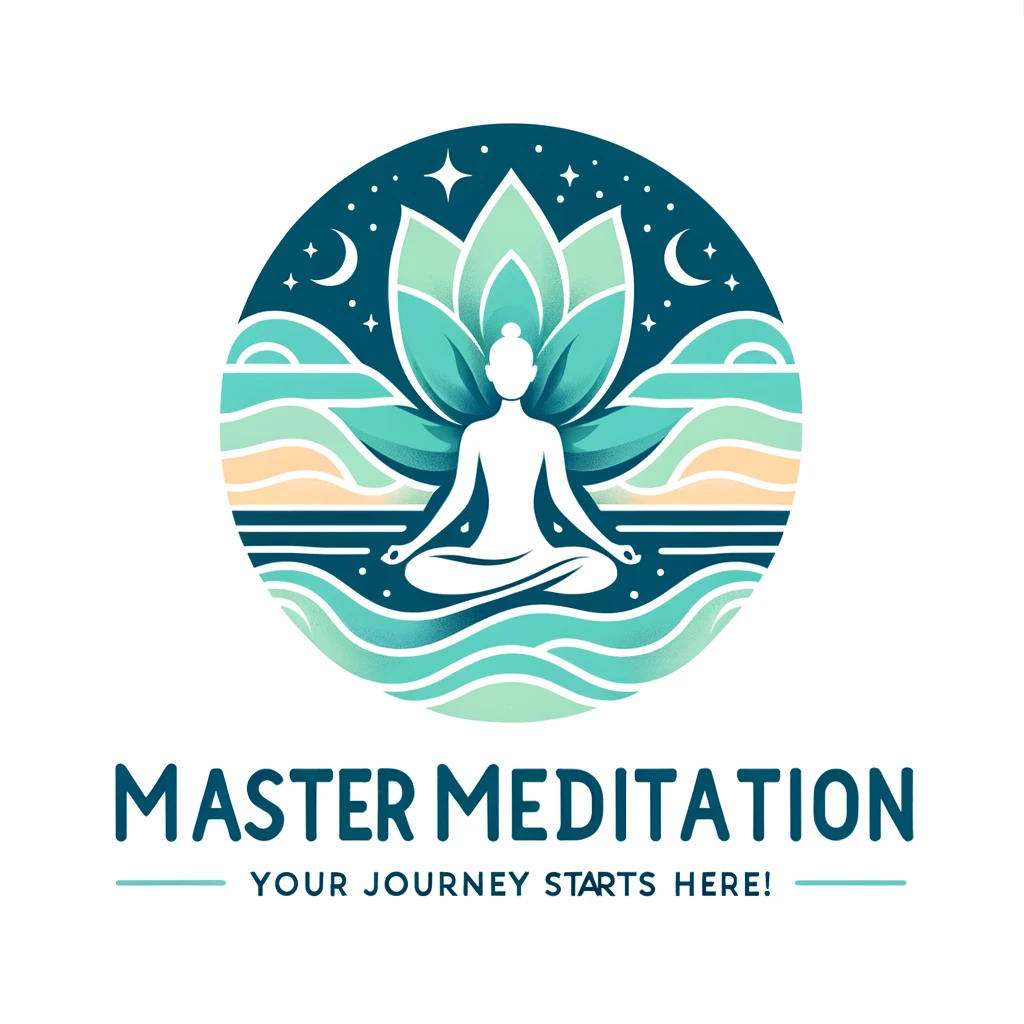
Understanding Mindfulness Meditation
Mindfulness meditation is a practice rooted in ancient traditions, yet it remains highly relevant in today’s fast-paced world. At its core, mindfulness meditation involves focusing one’s attention on the present moment with a non-judgmental attitude. This principle of being present helps individuals to observe their thoughts, emotions, and sensations without immediate reaction or resistance, fostering a deeper sense of awareness and acceptance.
The practice of mindfulness meditation offers numerous benefits, particularly in the realm of stress reduction. By centering the mind and fostering a state of relaxation, mindfulness meditation can significantly alleviate stress. This calming effect arises from the practice’s ability to shift focus away from external stressors and internal worries, allowing the mind to rest and rejuvenate. Furthermore, mindfulness encourages a balanced perspective, reducing the tendency to become overwhelmed by negative thoughts and emotions.
Beyond stress reduction, mindfulness meditation contributes to overall well-being in various ways. Regular practitioners often experience improved emotional regulation, which enables them to manage their emotions more effectively. This heightened emotional control can lead to better interpersonal relationships and a more harmonious daily life. Additionally, mindfulness meditation enhances focus and concentration, which can improve productivity and academic performance. The practice also cultivates a profound sense of peace and contentment, fostering a positive outlook on life.
Scientific studies support the myriad benefits of mindfulness meditation. Research has shown that mindfulness can reduce symptoms of anxiety and depression, improve sleep quality, and bolster immune function. Expert opinions further reinforce these findings, with mental health professionals increasingly recommending mindfulness as a complementary approach to traditional therapy. The positive impact of mindfulness on mental health is well-documented, highlighting its role as a valuable tool for enhancing overall well-being.
Incorporating mindfulness meditation into daily routines can yield significant improvements in mental and emotional health, offering a practical and effective strategy for managing life’s challenges. The practice’s emphasis on present-moment awareness, acceptance, and non-judgmental observation provides a solid foundation for reducing stress and enhancing overall well-being.
“`html
Guided Practices and Tips for Beginners
Starting a mindfulness meditation practice can be a transformative step towards reducing stress and enhancing overall well-being. For beginners, the key is to approach this new habit with patience and consistency. The foundational practice of mindful breathing is an excellent starting point. Begin by finding a comfortable and quiet environment, free from distractions. Sit or lie down in a relaxed position and gently close your eyes. Focus on your breath, noticing the sensation of each inhale and exhale. If your mind wanders, gently guide your attention back to your breath without judgment.
Another effective technique is body scan meditation. This practice involves mentally scanning your body from head to toe, observing any areas of tension or discomfort. Start at the top of your head and gradually move downwards, noting each body part. This exercise fosters greater awareness of physical sensations and promotes relaxation.
Guided imagery can also be a powerful tool for mindfulness. In this practice, you visualize a peaceful scene, such as a beach or a forest, and immerse yourself in the sensory experience. This can help to calm the mind and reduce stress levels.
For beginners, it is crucial to set a regular practice schedule. Start with short sessions, such as five to ten minutes, and gradually increase the duration as you become more comfortable. Consistency is more important than length of time; even brief, daily practice can yield significant benefits over time.
Common challenges, such as restless thoughts or physical discomfort, are normal. When experiencing restless thoughts, acknowledge them without judgment and gently return your focus to your breath or chosen focal point. For physical discomfort, adjust your position as needed to find a more comfortable posture.
To support your mindfulness journey, consider utilizing resources such as meditation apps, online guided meditations, and introductory courses. These tools can provide structure, guidance, and motivation, making it easier to establish and maintain a regular practice.
“`
